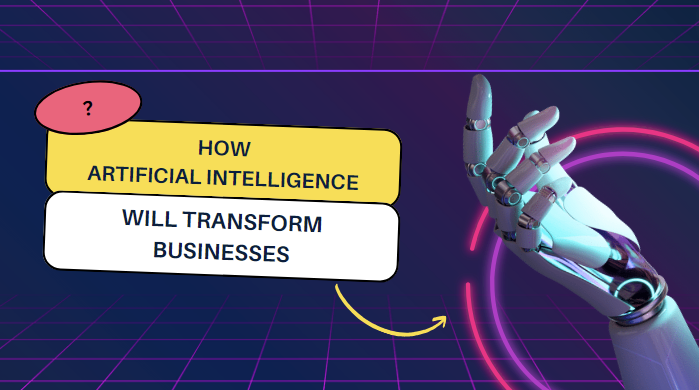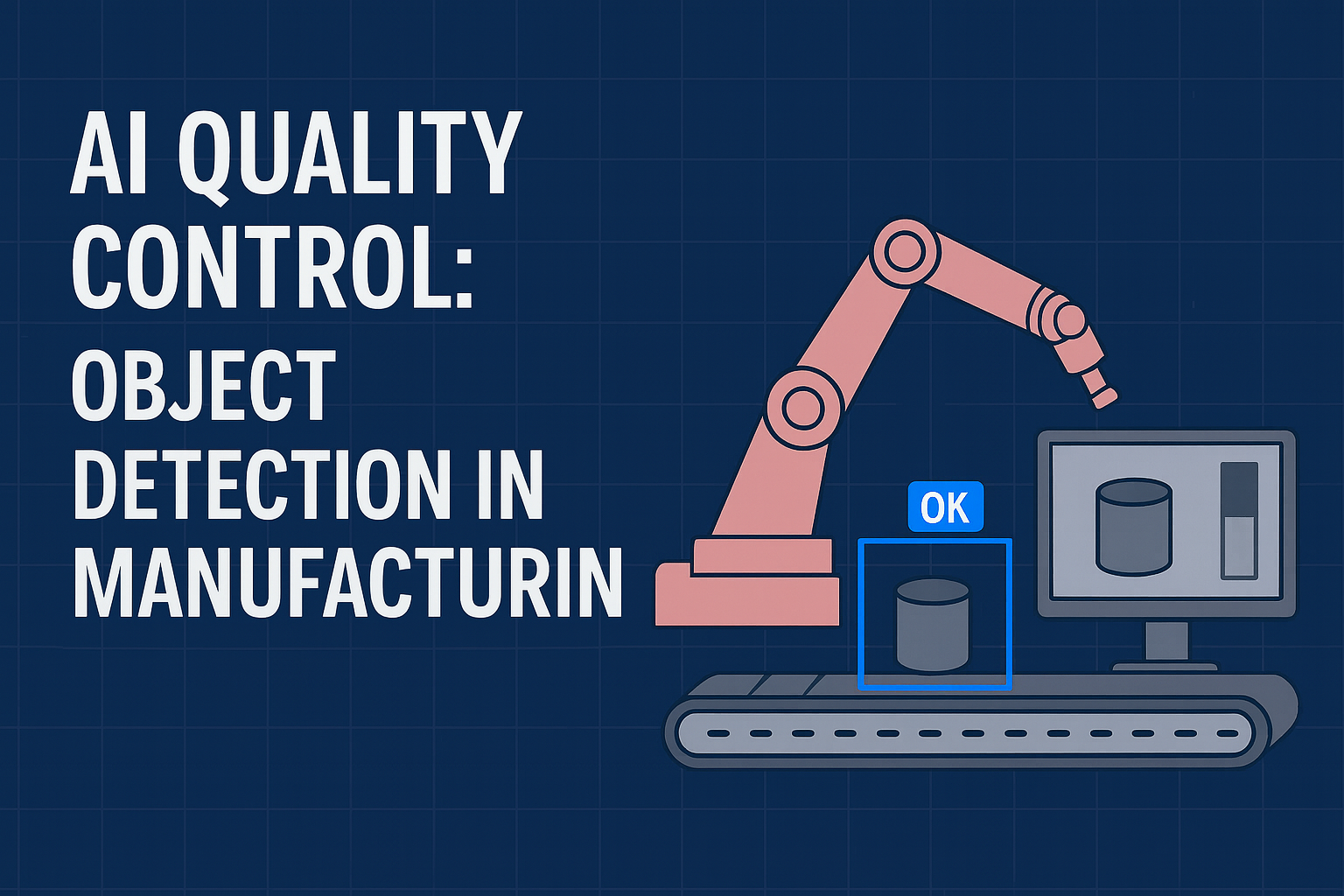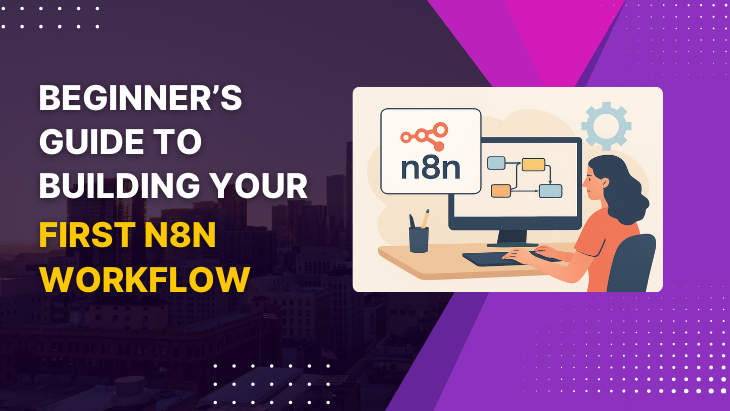What is Artificial Intelligence
Artificial Intelligence (AI) refers to the development of computer systems or machines that possess the ability to perform tasks that typically require human intelligence. It is a multidisciplinary field that combines computer science, mathematics, statistics, and cognitive science to create intelligent systems capable of reasoning, learning, problem-solving, and decision-making.
AI encompasses a broad range of techniques and approaches that aim to simulate human intelligence in machines. These techniques include:
1. Machine Learning: Machine learning involves training computer systems to learn from data without being explicitly programmed. It utilizes algorithms and statistical models to analyze and interpret data, identify patterns, and make predictions or decisions.
2. Deep Learning: Deep learning is a subset of machine learning that focuses on artificial neural networks, inspired by the structure and function of the human brain. Deep learning models, known as deep neural networks, can learn hierarchical representations of data, enabling them to process complex patterns and perform tasks like image and speech recognition.
3. Natural Language Processing (NLP): NLP focuses on enabling computers to understand, interpret, and generate human language. It involves techniques for text analysis, sentiment analysis, language translation, chatbots, and voice recognition.
4. Computer Vision: Computer vision enables machines to understand and interpret visual information from images or videos. It involves techniques for object recognition, image classification, image segmentation, and object tracking.
5. Robotics: Robotics combines AI and engineering to develop intelligent machines or robots that can interact with their environment, perceive sensory input, and perform physical tasks.
6. Expert Systems: Expert systems are AI systems that emulate the expertise and decision-making capabilities of human experts in specific domains. These systems rely on knowledge bases and rules to provide intelligent recommendations or solutions.
Artificial Intelligence has a wide range of applications across various industries, including healthcare, finance, transportation, manufacturing, customer service, and entertainment. It has the potential to automate routine tasks, improve efficiency and accuracy, enhance decision-making, enable personalized experiences, and unlock new possibilities for innovation.
However, it is important to consider ethical considerations and societal impacts when developing and deploying AI systems. Ensuring fairness, transparency, privacy, and accountability is crucial to harnessing the benefits of AI while addressing potential challenges and risks.
How Artificial Intelligence Will Transform Businesses
Artificial intelligence (AI) has emerged as a disruptive force that is reshaping the business landscape. With its ability to process vast amounts of data, recognize patterns, and make intelligent decisions, AI is transforming the way businesses operate, innovate, and deliver value. This article explores how AI is revolutionizing various aspects of businesses, including customer experience, operations, decision-making, and workforce transformation.
Enhanced Customer Experience
AI is revolutionizing customer experience by enabling businesses to deliver personalized and seamless interactions. AI-powered chatbots and virtual assistants provide instant and accurate customer support, improving response times and overall satisfaction. Natural language processing (NLP) allows businesses to understand and analyze customer sentiments, feedback, and preferences, enabling personalized recommendations and tailored marketing campaigns. AI-driven recommendation systems enhance the customer journey, suggesting relevant products or content based on individual behavior and preferences.
Streamlined Operations
AI optimizes business operations by automating repetitive tasks, improving efficiency, and reducing costs. Machine learning algorithms can analyze large datasets to identify patterns, detect anomalies, and predict demand, enabling optimized inventory management and supply chain operations. AI-powered predictive maintenance detects potential equipment failures, allowing proactive maintenance and minimizing downtime. Robotic Process Automation (RPA) automates manual tasks, such as data entry and document processing, freeing up human resources for higher-value activities. AI-powered algorithms optimize resource allocation and scheduling, improving productivity and resource utilization.
Intelligent Decision-Making
AI empowers businesses with intelligent decision-making capabilities, providing insights and recommendations based on data analysis. AI algorithms process vast amounts of data, uncover hidden patterns, and generate actionable insights, enabling data-driven decision-making. AI-driven analytics tools provide real-time and predictive insights, facilitating agile decision-making and competitive advantage. Machine learning models can analyze historical data to forecast market trends, customer behavior, and business performance, assisting in strategic planning and risk mitigation.
Workforce Transformation
AI transforms the workforce by augmenting human capabilities and enabling new roles. AI-powered tools automate repetitive and mundane tasks, allowing employees to focus on higher-value work that requires creativity, critical thinking, and problem-solving. AI-driven virtual assistants and collaboration tools facilitate seamless communication and knowledge sharing across teams and departments, improving productivity and collaboration. AI-powered talent acquisition tools streamline recruitment processes, leveraging algorithms to match job requirements with candidates' skills and experience. However, this transformation also requires upskilling and reskilling of the workforce to embrace AI technologies and adapt to new roles and responsibilities.
Ethical and Regulatory Considerations
The adoption of AI in business raises ethical and regulatory considerations. Businesses must ensure the ethical use of AI by addressing issues such as data privacy, bias in algorithms, and transparency. Ethical guidelines and frameworks can help guide the responsible development and deployment of AI systems. Additionally, regulations may be required to govern the use of AI in sensitive areas like healthcare, finance, and autonomous vehicles to ensure accountability, fairness, and safety.
Artificial intelligence is a transformative technology that is revolutionizing businesses across industries. Its impact on customer experience, operations, decision-making, and workforce transformation is profound. As businesses continue to embrace AI, they gain a competitive edge by delivering personalized experiences, optimizing operations, making intelligent decisions, and adapting to the changing landscape. However, ethical considerations and regulatory frameworks are crucial to ensure responsible and beneficial use of AI, fostering trust and maintaining societal well-being. The future holds immense potential as AI continues to evolve, enabling businesses to unlock new opportunities and drive innovation.








Leave a reply